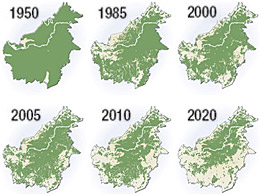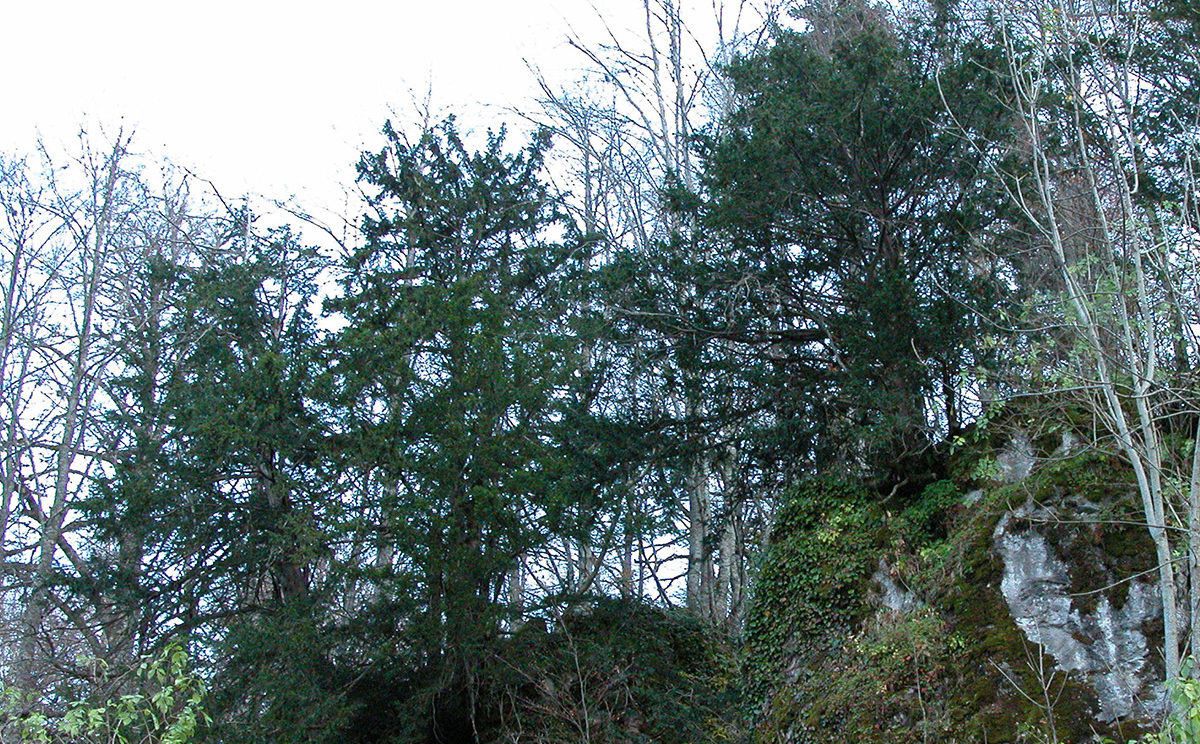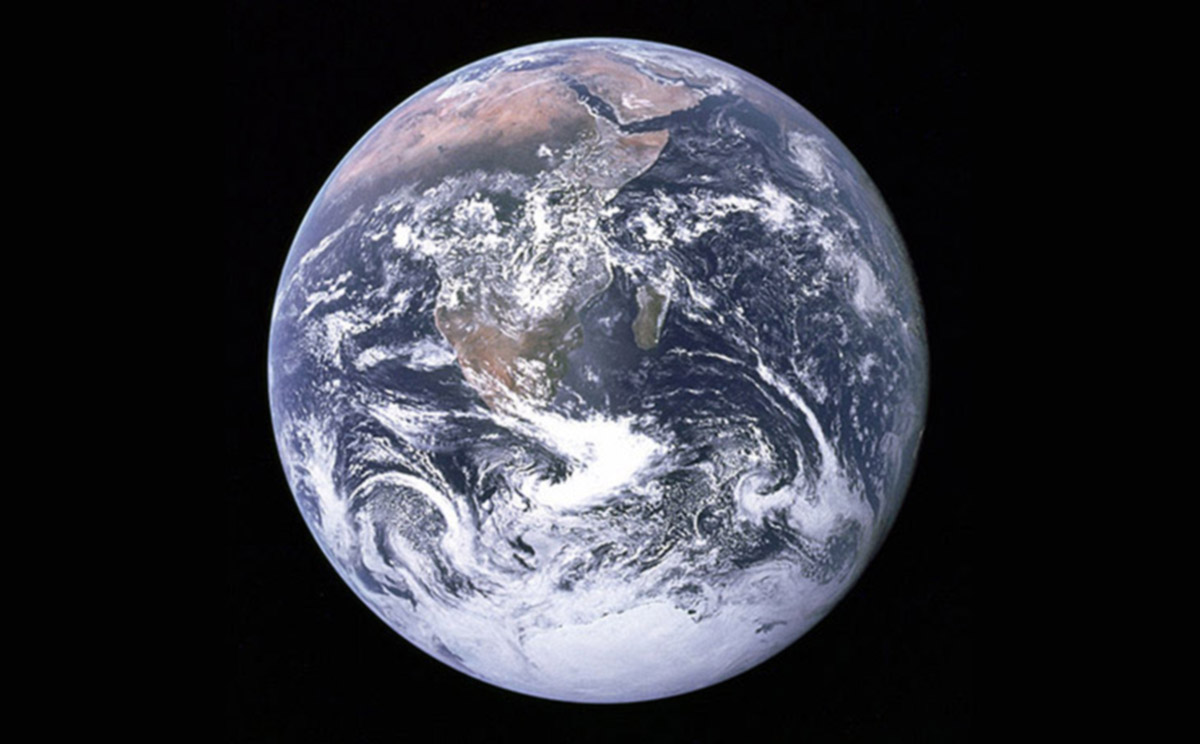Biofuel destroys rainforests
Aug 2009
Biofuel can be derived from dozens of crops but most companies choose palm oil because usually it is cheaper than the more sustainable alternatives such as rapeseed. Unfortunately, palm oil is one of the most environmentally damaging ‘biofuels’.
Governments like the British under Tony Blair signed up too early for huge palm oil biofuel deals which have since begun to lead to unprecedented rainforest destruction.
By the way, palm oil is very likely to be found as well in your margarine, bread, biscuits and candy bars — frequently listed as “vegetable oil” in the ingredients. But it is the oil for motoring that makes the difference globally: in Britain alone, the major twelve oil companies supplied a total of 123 million litres of palm oil to filling stations in the year to April, according to official figures obtained by The Times (15 Aug 2009).
Under a European Union initiative aimed at reducing greenhouse gas emissions, 3.25 per cent of the total amount of fuel sold by each oil company must be biofuel. The proportion is due to rise to 13 per cent by 2020.
But this concept backfires most drastically because vast tracts of rainforest are cleared to create biofuel plantations. The burning of the rainforest releases so much carbon stored in the trees and the soil that it would take up to 840 years for a palm oil plantation to soak up that carbon!
In practice most companies meet the obligation by adding biofuel to diesel, creating a blend that contains about 5 per cent biofuel. But the major oil companies avoid declaring what type of land has been used to grow their biofuel. They are obliged to submit a sustainability report but in the section on the previous use of the land are allowed to say ‘unknown’. Pressure, however, increases to use only certified sources.
To keep a constant eye on the rainforest visit Rainforest Rescue
Further reading:
The guilty secrets of palm oil: Are you unwittingly contributing to the devastation of the rain forests?, The Independent, 2 May 2009
Southeast Asia Paying High Environmental Cost For Palm Oil




